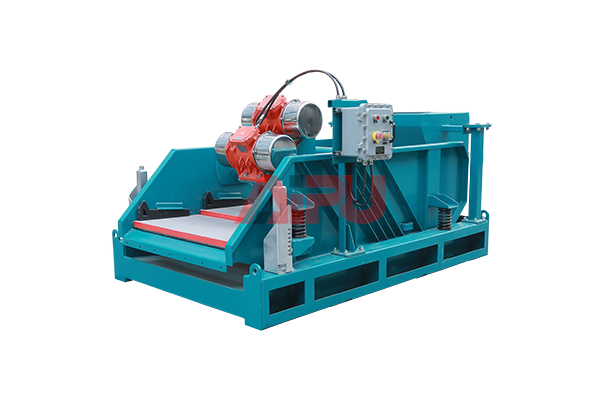The efficiency of a solids control system is heavily influenced by its operational flow. A well-optimized flow ensures maximum separation efficiency, reduces waste, and extends equipment lifespan. Understanding how operational parameters impact performance is crucial for drilling operations.
Fluid Velocity and Separation Efficiency
The speed at which drilling fluid moves through the system directly affects particle separation. Too high velocity may cause fine solids to bypass shaker screens, while too low velocity leads to poor processing capacity. Optimal flow rates ensure proper dwell time for effective solids removal without overloading equipment.
Equipment Sequencing Matters
The order of solids control equipment in the flow path significantly impacts performance. Typical sequence starts with shale shakers, followed by desanders, desilters, and centrifuges. This progressive removal of solids by size prevents downstream equipment from being overwhelmed with larger particles they weren't designed to handle.
Pressure Management
Maintaining proper pressure differentials between components is essential. Sudden pressure drops can cause degassing issues, while excessive backpressure may reduce separation efficiency. Properly designed flow paths with gradual transitions help maintain stable operating conditions.
Temperature Considerations
Drilling fluid temperature affects viscosity, which in turn impacts separation performance. The operational flow should account for temperature variations, possibly including heat exchangers or flow control valves to maintain optimal processing conditions.
System Configuration Flexibility
An effective solids control system allows for flow path adjustments based on drilling conditions. Bypass options, parallel processing lines, and adjustable weirs enable operators to optimize the flow for different formations and drilling fluid types.

Maintenance Access Points
The operational flow design must include strategic access points for maintenance without requiring complete system shutdown. Well-placed valves and bypass lines allow continuous operation during component servicing or screen changes.
Automation Integration
Modern systems incorporate flow sensors and automated controls that adjust parameters in real-time. These systems monitor flow rates, densities, and separation efficiency, making micro-adjustments to maintain peak performance throughout changing drilling conditions.
Environmental Compliance
Proper flow management ensures all waste streams are correctly handled and contained. The system must maintain sufficient retention time in settling tanks and proper routing of separated solids to comply with environmental regulations.
If your project requires solids control equipment, choose Aipu Solids Control, we believe it will be your best choice.
